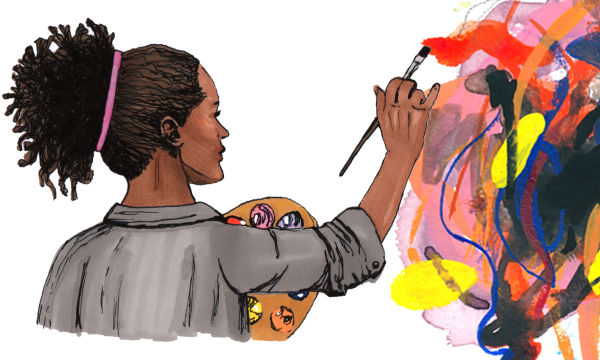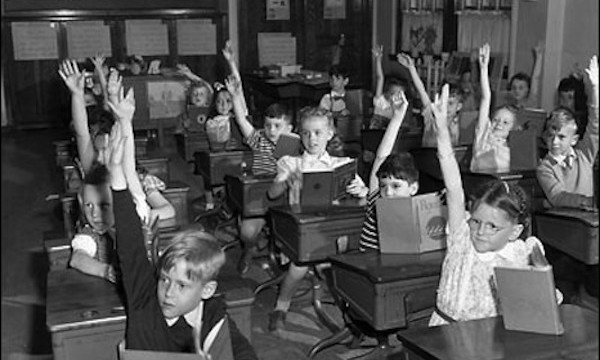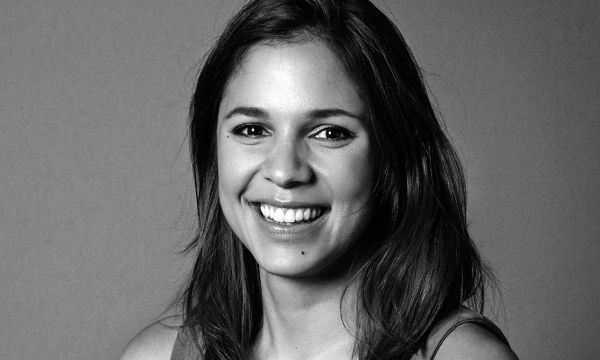Ignore Your To-do List: Why Play Makes You More Productive
October 01, 2015
The hottest productivity directive right now is, in many ways, counterintuitive: Make time for play.
There’s a growing understanding that prioritizing playtime is as crucial for adults as it is for kids. Play spurs creativity, improves mood, and makes us more engaged. One recent study even found that prominent scientists, especially Nobel Prize winners, are more likely to have an artistic hobby than their less recognized peers.
But how do we make time for play when our calendars are packed and our to-do lists ever expanding? Where does fun fit in a world where being busy is a badge of honor?
Not long after I endeavored to answer these questions, it was time for my nightly workout. I slogged through half an hour—jumping jacks, squats and crunches—as usual. But this time, I left the radio on even after I finished the routine. A catchy song came on, and I cranked the volume. Before I knew it, I’d begun to dance.
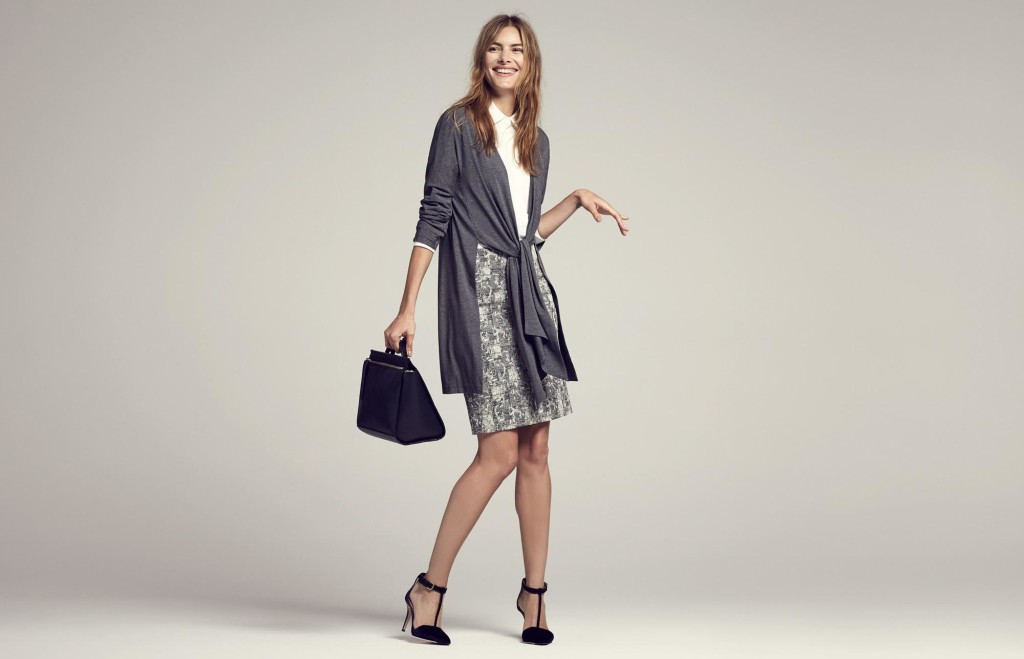
Ideal play clothes: the Noho Crackle skirt, Hepburn shirt, and Graham kimono.
I boogied like nobody was watching—which was easy to do, since I had the apartment to myself and nobody was watching. I sang along and swayed to the cheesy pop music like an idiot, working up a better sweat than I had during my actual workout. The time flew by and before I knew it, another half hour had passed. It was easy and euphoric.
In fact, it turns out that tapping into play may be easier than defining it.
“Play is a moving target. We may know it when we see it, but pinning it down is quite another thing,” Scott Eberle, a play expert, has lamented. Some researchers have described play by defining a few of its essential characteristics: It’s an activity that is enjoyable, voluntary, flexible, involves active engagement, has no extrinsic goals, and often contains an element of make-believe, according to Kathryn Hirsh-Pasek, a psychology professor at Temple University.
“It can exist in many forms,” she told me.
Just look at the recent explosion of adult coloring books, or the popularity of “ball pits for adults” that harken back to childhood afternoons spent at fast-food playgrounds. Music and sports can be forms of play, along with more traditional board games.
Such activities are often internally motivated—play is not a means to an end—but they still contain purpose and meaning. “It’s not wandering aimlessly. It’s finding a more engaged way to go through the process,” said Hirsh-Pasek.
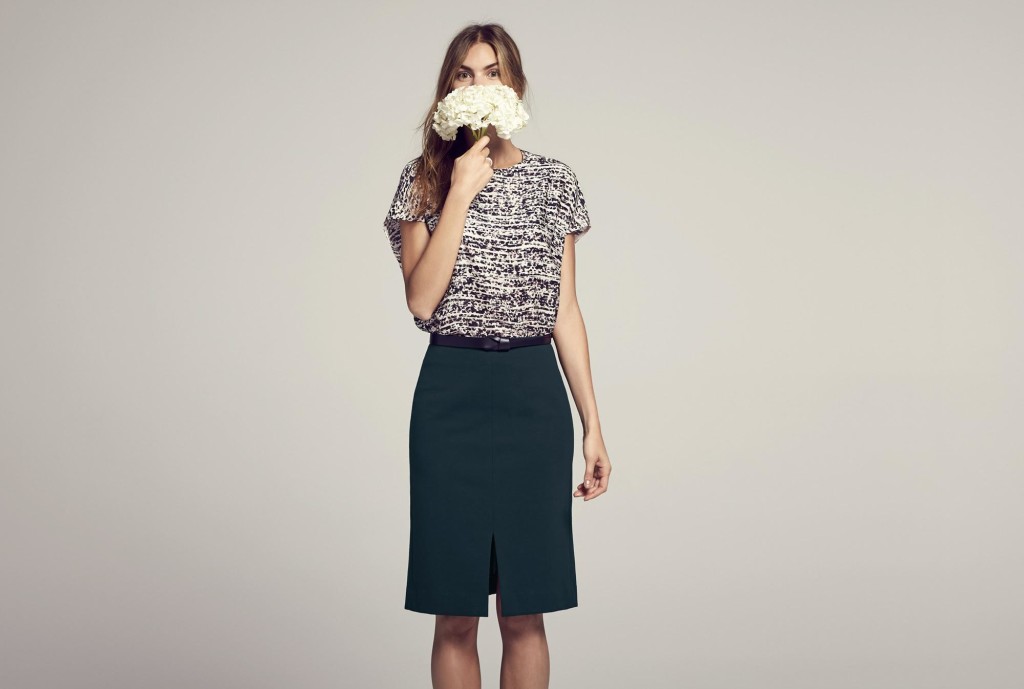
Perfect outfit: Didion top, Greenpoint skirt, hydrangea (for brandishing).
Indeed, perhaps more than any single activity or pastime, it’s the attitude that enables play that we need to foster. To bust a move in your living room like you’re at a middle school dance.
“It’s an intentional approach as I deal with life, imperfect circumstances, and people,” said Russ Johnson, author of Play: The New Leadership Secret that Changes Everything.
Johnson suggests finding “playground moments”—even at work—where you identify and appreciate “the irony or funny in life.”
Hirsh-Pasek, meanwhile, urges us all to take more risks and to pursue what intrigues us, even if we look silly or fail.
“We’re so in boxes right now. We’re just checking them off as we go through life,” she said. “And we’re going to turn around one day and say, ‘Maybe we didn’t experience it to the fullest.’”
In my own efforts to be more playful, I’ve also recently jumped on the coloring book bandwagon. Filling in the intricate patterns and shapes can be hypnotic, even meditative. But I’d be lying if I said I never feel twinges of frustration when I screw up a particular section or otherwise fall short of the Mona-Lisa-esque standards I set for myself, albeit unfairly. Perhaps there’s a lesson here about learning to get comfortable with imperfection.
Hirsh-Pasek’s take? “Frankly, I hope we all color outside of the lines.”







